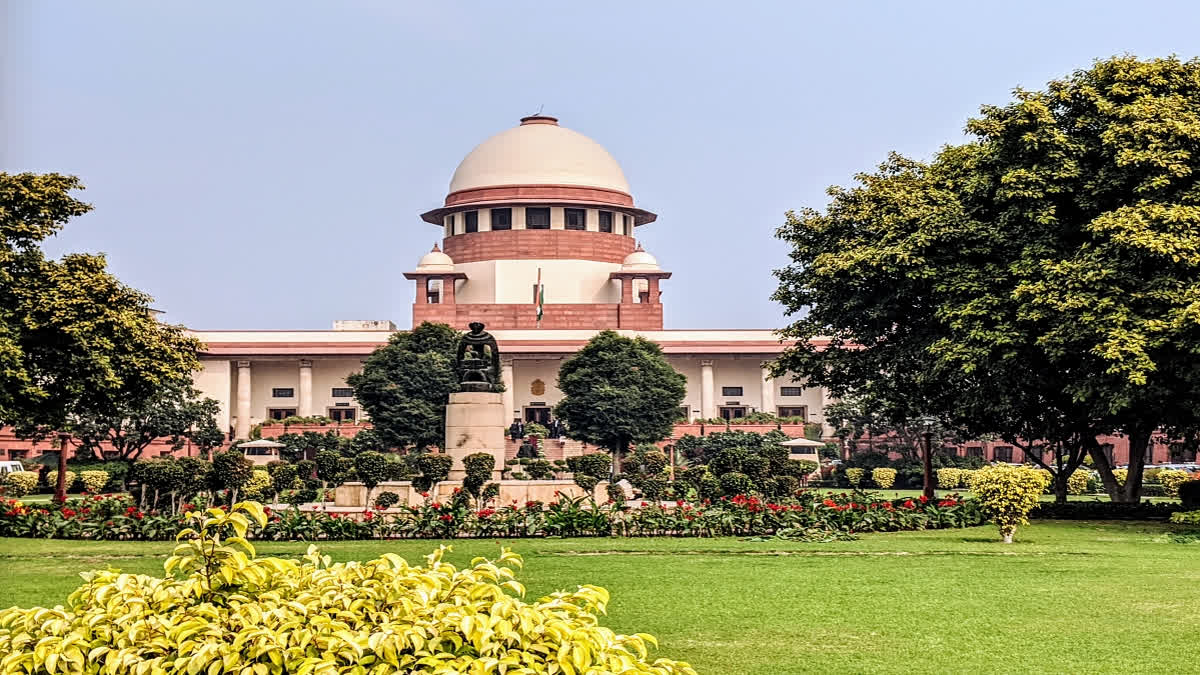New Delhi: The Supreme Court on Wednesday said states also have power for the regulation of mines and minerals development while hearing the vexed issue of whether the royalty payable on minerals extracted, as provided for under the MMDR Act, 1957, is in the nature of tax.
A nine-judge Constitution bench headed by Chief Justice D Y Chandrachud said that Entry 54 of List 1 of the Constitution does not give the Parliament the entire universe of that subject and it means it recognises Entry 23 of List 2 which says that states also have power for the regulation of mines and minerals development.
Entry 54 of List 1 of the 7th Schedule (union list) talks about "Regulation of mines and mineral development to the extent to which such regulation and development under the control of the Union is declared by Parliament by law to be expedient in the public interest."
Entry 23 of List 2 of the 7th Schedule (state list) relates to, "Regulation of mines and mineral development subject to the provisions of List I with respect to regulation and development under the control of the Union."
Senior advocate Harish Salve, who represented a host of mining companies, contended that the power of Parliament under Entry 54 of List 1 is "untrammelled" to such an extent that it can "wipe Entry 23 clean".
The bench, also comprising Justices Hrishikesh Roy, Abhay S Oka, BV Nagarathna, JB Pardiwala, Manoj Misra, Ujjal Bhuyan, Satish Chandra Sharma and Augustine George Masih, is considering whether the royalty collected by the Centre on mining leases can be considered as tax, as held by a seven-judge bench in 1989.
The bench said when the court is considering that states' taxing power is excluded, then "we must bear in mind that the domain which has been entrusted to the Parliament is not the entire universe but something which is carved out of that universe of regulation and development".
Salve, who made submissions during the daylong hearing, said Entry 54 of List 1 has no limitations and it leaves to the wisdom of Parliament to decide how much they want to occupy the field.
He said that it is his submission and has been held by different constitutional benches that the Mines and Minerals (Development and Regulations) (MMDR) Act of 1957 occupies everything.
Salve, supporting the reasoning in the 1989 verdict in the India Cements case, which ruled that royalty is a form of tax, submitted that the expression taxes on mineral rights have to be construed that under the Constitution it would mean tax which is an exaction of a share-like land revenue because in India mineral rights have been decoupled from land.
Salve, who completed his arguments today, submitted that the apex court will have to be sensitive to the compelling needs of the development of minerals in today’s India. The apex court will continue to hear the matter on March 12.



